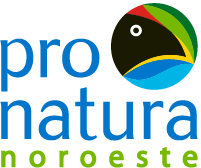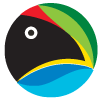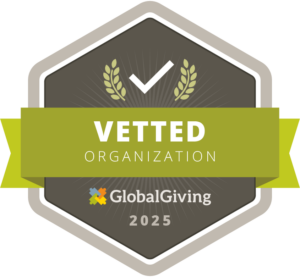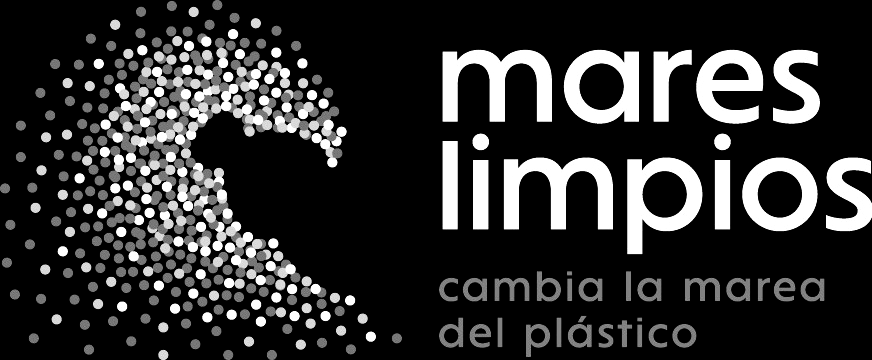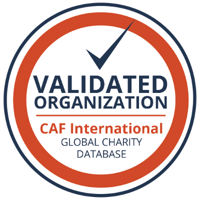The success of riparian fishing in the Northwest Mexico depends on a healthy ecosystem and appropriate fisheries management.
Pronatura Noroeste promotes Fishery Improvement Projects as a tool to achieve sustainable fishing. Their implementation allows fisheries to identify areas of opportunity and place them in a continuous improvement cycle.
The Fishery Science Coordinator for the Association, Dr. Carlos Alvarez Flores, said that these projects seek a change to improve the functioning of the fishery; with the FIP priority areas are clearly identified and the plan of work to improve the fishery is better organized.
FIPs are based on the sustainability certification standard of the Marine Stewardship Council (MSC), the global leader in fishery certification, and are subject to external evaluation by Fishery Progress.
To work in this model, Pronatura Noroeste establishes strategic alliances with local, national, and global partners like fishery cooperatives and federations, marketers, authorities, and the MSC.
In addition, Dr. Pablo Alvarez, Fishery Improvement Project Coordinator, explained that a map of fisheries in Northwest Mexico is made to identify priority fisheries and determine those with which a FIP can be developed. This will allow Pronatura Noroeste to promote a second generation of projects.
Among the fisheries with which this civil association works are: the dorado snook in Marismas Nacionales, Nayarit and the south of Sinaloa; the octopus, in Bahía de los Ángeles, Baja California; the red snapper and other marine scale species in the southeastern coast of Baja California Sur, and the barred sand bass on the western coast. Currently, the start of the pre-assessment process is planned to begin Improvement Projects with bivalve fisheries in Sinaloa and Loreto.
